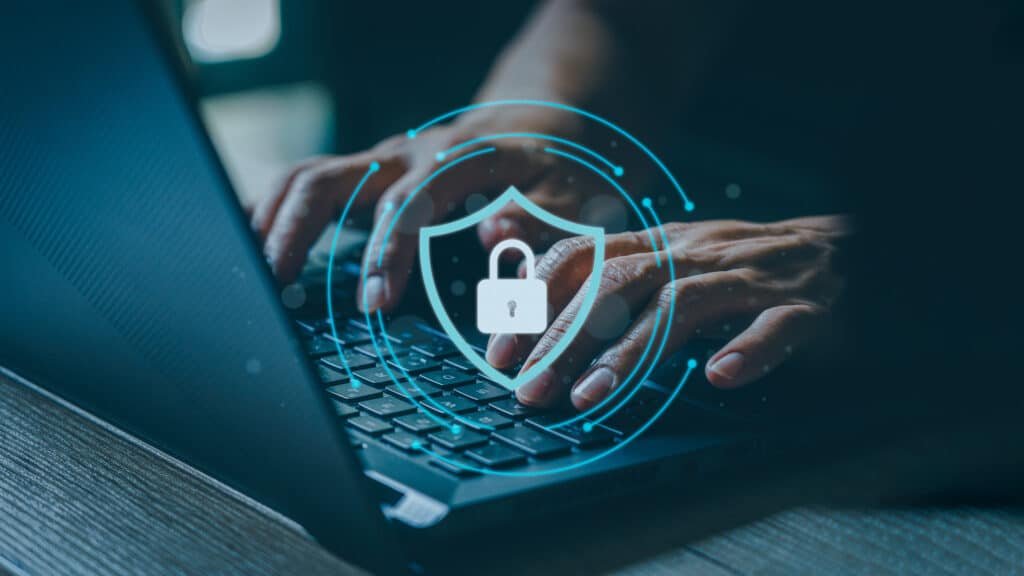Below is a guide on how to secure your WordPress website. In addition to the core steps, we’ll also cover some common security questions people often ask online. By following these tips, you can protect your site from hackers, keep your data safe, and maintain a smooth experience for your visitors.
1. Choose High-Quality Hosting
A common question is, “Does good hosting really matter for security?” The answer is yes. A reliable host often comes with built-in security features like malware scans, firewalls, and automatic updates. This not only helps keep your site safe but also ensures it stays online and loads quickly.
2. Limit and Verify Your Plugins
Many people ask, “How can I tell if a plugin is safe?” Start by checking how often it’s updated, reading user reviews, and ensuring it comes from a reputable developer. Keep your plugin list as lean as possible—fewer plugins mean fewer potential security gaps.
3. Add Two-Factor Authentication (2FA)
“Do I really need 2FA?” is a common question. 2FA adds an extra layer of protection by requiring both a password and a special code sent to your phone or email. This step makes it much harder for hackers to break in, even if they somehow get your password.
4. Keep Everything Up to Date
“Why do updates matter?” Updates often include security patches and improvements. By regularly updating WordPress itself, as well as your plugins, themes, and PHP version, you stay ahead of known vulnerabilities that hackers exploit.
5. Use a Content Delivery Network (CDN)
People often ask, “Is a CDN only for speeding up my site?” A CDN does improve speed by delivering content from servers around the globe, but it can also help block harmful traffic and protect against attacks, keeping your site accessible and secure.
6. Install a Security Plugin or Use WP Remote
“What’s the best security plugin?” is a frequent question. The “best” varies, but popular options offer features like malware scanning, brute force protection, and automatic security checks. WP Remote is another tool that helps monitor and manage your site’s security from one place.
7. Back Up Your Site Daily
“How do I fix my site if it’s hacked?” If you have daily backups, you can quickly restore your site to a clean version. Regular backups are your safety net—if something goes wrong, you won’t lose all your hard work.
Other Questions People Ask
- “Should I use a security-focused theme?” While not mandatory, picking a theme from a trusted developer can reduce the chances of hidden vulnerabilities.
- “How can I protect my login page?” Many want to know about limiting login attempts, hiding the login URL, or adding a CAPTCHA to keep out automated attacks.
- “Do I need a Web Application Firewall (WAF)?” A WAF can stop dangerous traffic before it reaches your site, adding a valuable shield against attacks.
- “Is an SSL certificate worth it?” Yes. Switching your site to HTTPS encrypts data, protecting your visitors’ information and boosting their trust in your site.
Outsource and Relax
If all of this sounds like too much to handle, a common search is, “Can I pay someone to handle WordPress security for me?” Absolutely. Professional services can manage everything—from updates and backups to firewall protection—so you don’t have to worry. This frees you up to focus on what you do best, knowing your site is in safe hands.
In Summary
Securing your WordPress website involves a combination of reliable hosting, careful plugin choices, strong login protection, and regular maintenance. As you explore what works best for your site, remember that you’re not alone—many people have the same questions. By taking these steps or hiring a professional, you’ll build a safer online presence that you and your visitors can trust.
